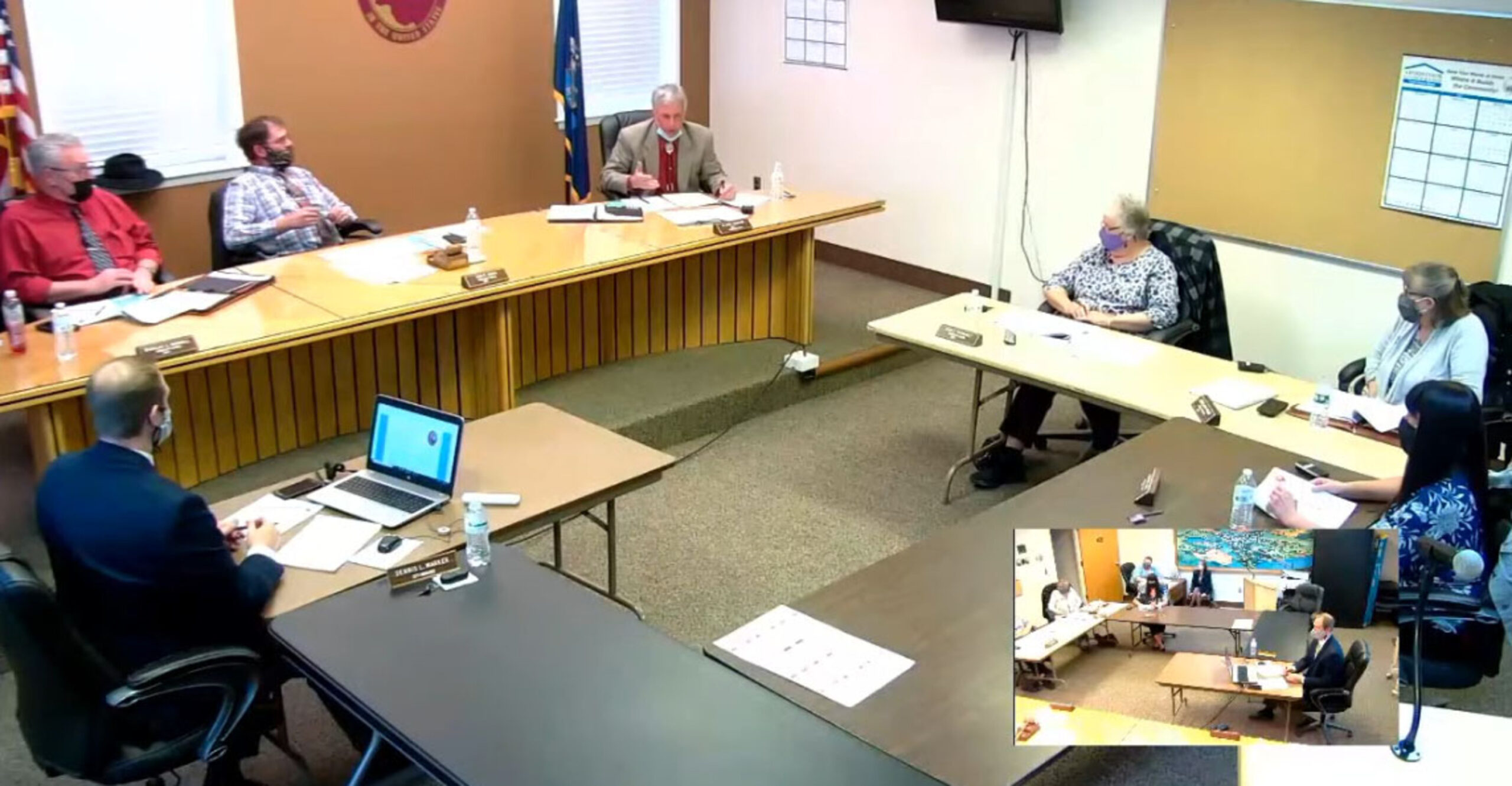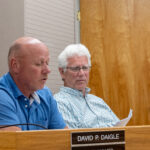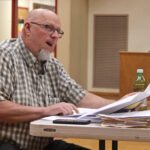
CARIBOU, Maine — The Caribou City Council voted unanimously on Tuesday, April 20, to table a discussion regarding the expansion of the Facade Improvement Grant Program to include a fall award until questions about compliance and program cost can be answered.
City Manager Dennis Marker told the council that the city has some economic development dollars that could be used to expand the program, especially since there were 10 applicants for this spring’s two awards. Previously, there were only one or two applicants for the grant funds.
“We currently have in the budget $23,000, part of that being seed funds for land banks … we could utilize some of those for additional fall grant improvement funds,” Marker said, explaining that when the program was created last year, they had anticipated there could also be a fall award.
City councilors discussed the issue, saying that feedback from spring applicants has been positive because it helps local businesses, addresses blight and brightens things up.
“It’s my opinion that this is a good use of [tax increment financing] fund money to help our businesses,” Mayor Jody Smith said, adding that the facade improvement committee could take a look at the remaining eight applications for a fall award.
Councilor Mark Goughan said he wants to remain cautious as the program moves forward because he believes the government is not made to move quickly. As Goughan explained, the facade improvement program existed for about 10 years and it was not used. This year was in essence a rebirth of an old program.
“This rebirth of the program, with 10 applicants, was really a success,” he said, cautioning against any steps to expand this year.
“We now have to go into a third step, and that’s compliance,” Goughan said. “I don’t know who is in charge of compliance here. I don’t know what steps are being taken to make sure that the awards have been completed.
“What documentation is going to be required?” he asked. “I guess I’d like to know what the administrative cost of this is going to be and then I want to know once we get through the process with these two [spring recipients] people, can we make it bigger, can we make it better? Can we do it for less cost?”
Nonetheless, Marker said this was a reimbursement program and that the project must be completed before the funds are distributed.
Marker’s response did not change Goughan’s mind. He still wanted a more careful examination of the program before deciding on its expansion. The council voted to table any decision regarding the program’s expansion until concerns could be addressed.







